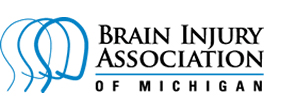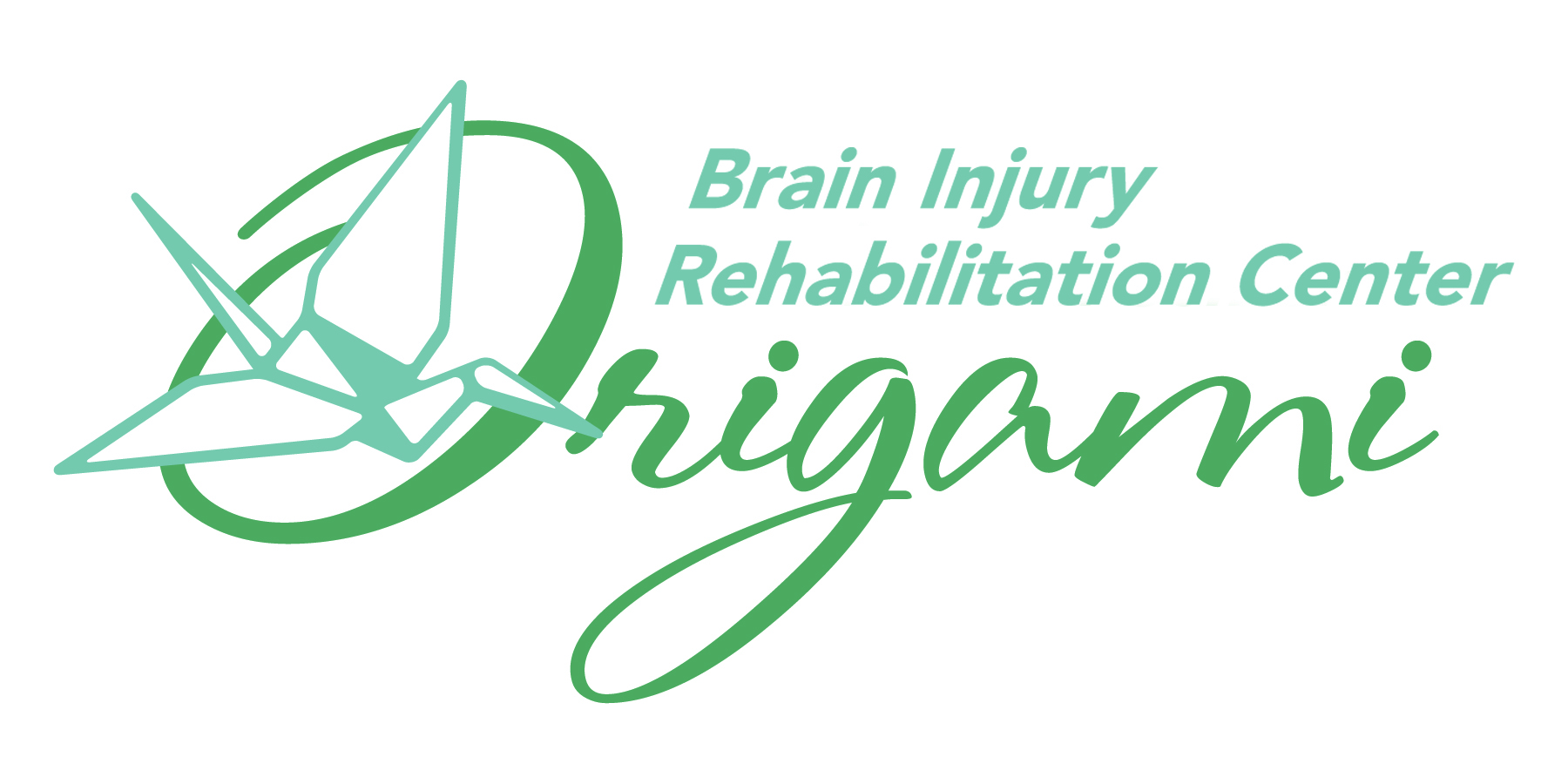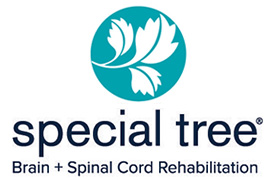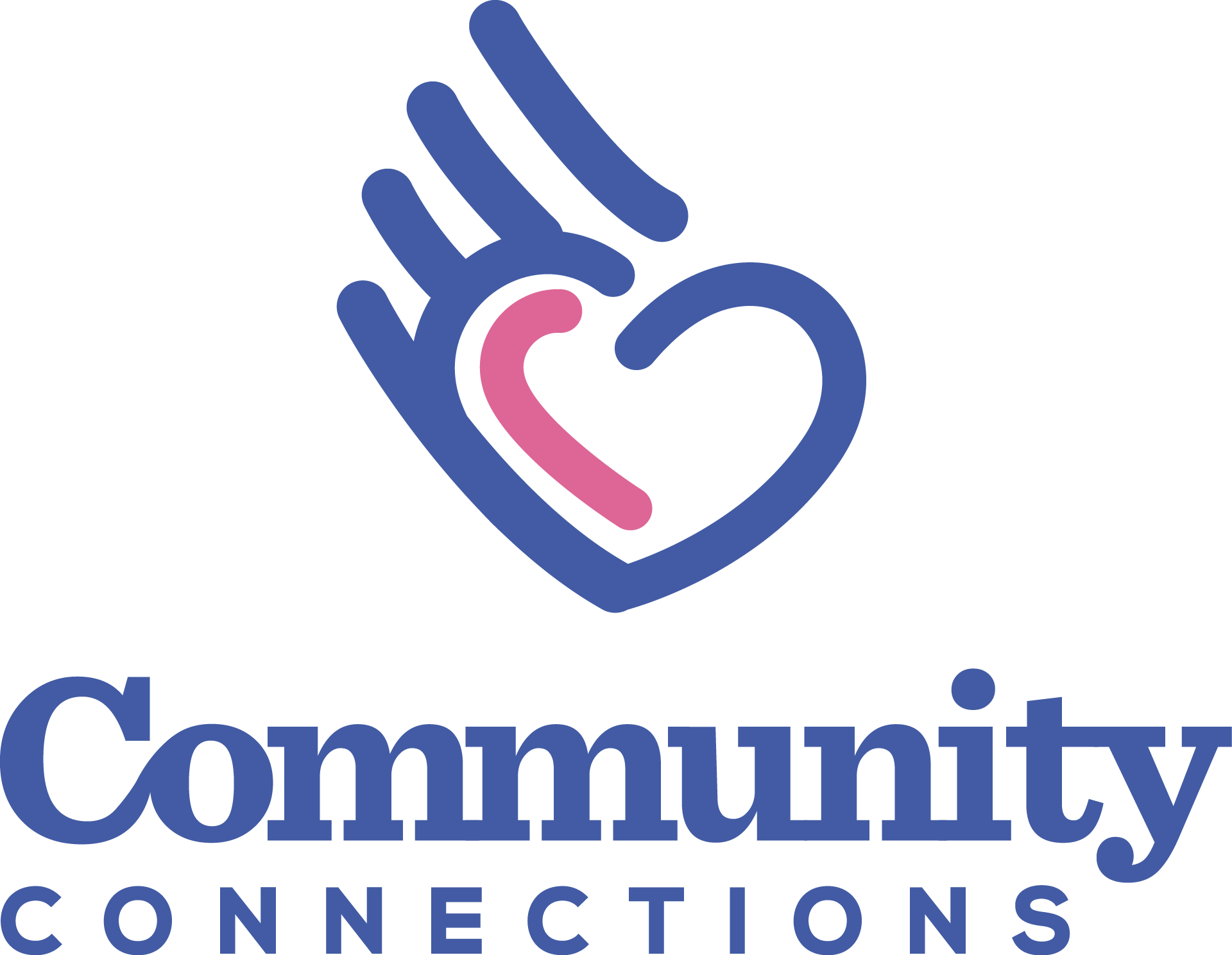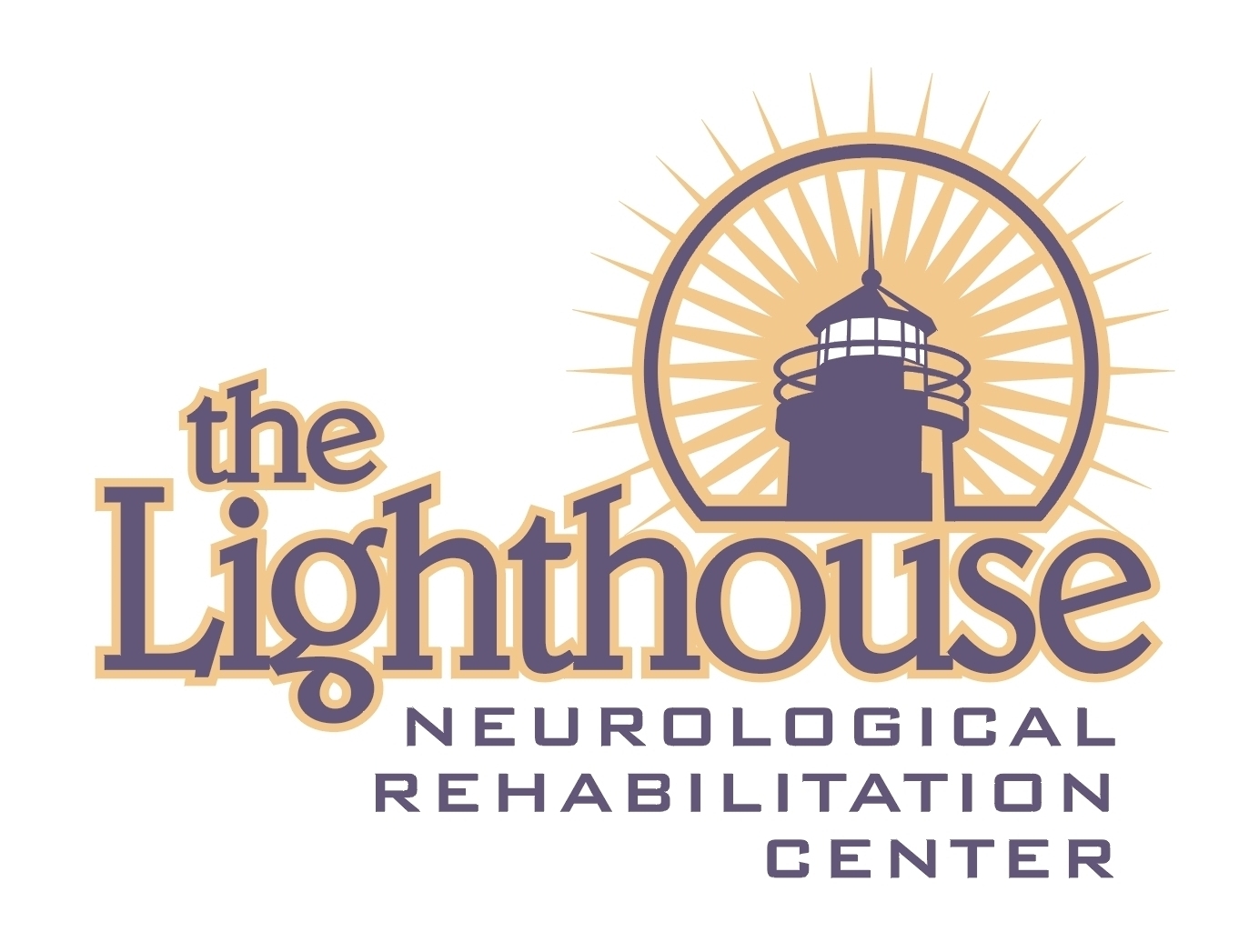
Michigan Supreme Court Decision is Making Strides to Restore Care
to 18,000 Crash Survivors
Shotwell: “We sincerely thank the court as well as all the advocates who have played a role in seeing that justice was served”
BRIGHTON, Mich.—(July 31, 2023)—Brain Injury Association of Michigan (BIAMI) President and CEO Nichole Shotwell today released the following statement in response to the Michigan Supreme Court’s decision in the landmark auto insurance case Andary v. USAA et al.
“The retroactive application of the 2019 auto insurance reforms was a terrible injustice–one that ripped care away from 18,000 vulnerable survivors, many of whom were injured years before the law was passed, and had faithfully paid for policies that guaranteed they would receive the treatment they needed for the rest of their lives.
Today, after two years of suffering, those survivors and their loved ones can finally breathe a sigh of relief and begin to reclaim what has been taken from them. The Supreme Court’s decision is a victory for brain injury survivors, and we sincerely thank the court as well as all the advocates who have played a role in seeing that justice was served.
However, the Andary decision still leaves survivors injured after 2019–as well as anyone injured in the future–with limited access to needed and medically prescribed care, due to the severe 45% cut in reimbursements passed as part of the 2019 reforms. It remains imperative that the Michigan Legislature enact a reasonable and fair fee schedule that enables rehabilitation providers to remain in business and provide the quality, compassionate care that survivors deserve.”
Nearly 7,000 patient discharges issued as Michigan care crisis accelerates, according to new study
45% cut in catastrophic care has also caused more than 4,000 health care workers to lose their jobs—a crisis candidates who won primary elections must resolve
BRIGHTON, Mich.—(Aug. 11, 2022)—The second phase of a longitudinal study tracking the devastating impacts of Michigan’s 2019 auto insurance law confirms that Michigan’s catastrophic care crisis continues to grow at a frightening pace, with care providers forced to issue nearly 7,000 discharges to seriously injured patients since July 2021, while more than 4,000 health care workers have lost their jobs in the face of crushing inflation.
The study was commissioned by the Brain Injury Association of Michigan (BIAMI), a social impact nonprofit dedicated to improving the lives of those affected by brain injury. BIAMI President and CEO Tom Constand called on candidates who won their primary elections last week to read the study and educate themselves about the suffering being endured by Michigan’s most vulnerable residents.
“In January of this year, we released the results of phase one of this survey—which showed without a doubt that Michigan is in the crux of a humanitarian crisis caused by 45% cut in reimbursements for catastrophic care that was passed as part of auto insurance reform,” Constand said. “In the seven months since that report was released, the Legislature refused to take up a simple fix that would save lives and protect jobs. Since then, the number of patient discharges have more than tripled, and an additional 1,000 jobs have been lost. That’s morally reprehensible. This report should be required reading for all of Michigan’s leaders.”
The study—which was conducted by MPHI, a Michigan-based nonprofit public health institute—found that
- Care providers have issued 6,857 discharges to patients, representing a 42% reduction in their capacity to serve patients with auto insurance funding since July 2021.
- At a time when inflation is hitting working families hard, 4,082 health care workers have lost their jobs, nearly a third of the workforce represented in the survey.
- Ten businesses told surveyors they have closed their doors completely, and 14 more businesses expect to close sometime over the next 12 months. Another 21 businesses reported closing in the first phase of the survey.
For the second phase, 209 unique organizations participated in the survey, including 166 organizations that also participated in the first phase. The survey was distributed between March 9 and May 15, 2022.
“As months go by, the data clearly show that Michigan’s brain injury care industry is continuing to shrink, and more and more patients are being impacted,” said Dr. Clare Tanner, who headed the study and serves as the director of the Center for Data Management and Translational Research at MPHI. “In addition to the numbers, anecdotal perspectives submitted by care providers assert that they are continuing to lose money, are dealing with unnecessary barriers put up by insurance companies and are frustrated by a lack of assistance from state regulatory officials.”
The personal anecdotes paint a picture of the impossible situation providers and patients have been put in since July 2021. Said one: “It has been an injustice to our clients as they have had to be discharged from services for needs that are no longer being covered, leaving them and their families with minimal resources and emotional upheaval.”
Said another: “Finding caregivers is impossible—we are thankful that the handful we have haven’t left us but will when we can no longer pay them.”
The survey was conducted in response to Senate Majority Leader Mike Shirkey and other Michigan lawmakers calling for data showing how the new law was impacting survivors of catastrophic injuries and the providers who care for them. A final phase of the survey is planned for later this year.
To view Phase Two of the survey, click HERE. (If you would like to view Phase One – reported in January – click HERE.
For regular updates on the statewide impact of Auto No Fault reform on individuals, families, businesses and jobs, visit
We Can’t Wait
CPAN
Michigan Brain Injury Provider Council (MBIPC)
Sinas Dramis Law Firm
Steps You Can Take Regarding Auto No Fault Legislation:
The Brain Injury Association of Michigan is committed to providing accurate and timely information in this crisis. If you are wondering what to do in case your services and supports are reduced, terminated, or moved, here are some suggestions:
- Contact the Department of Insurance and Financial Services (DIFS) to file a complaint. https://bit.ly/HowtoFileaComplaintwithDIFS
- Contact your state legislator and share your situation:
- Find your State Senator: https://www.senate.michigan.gov/fysbyaddress.html
- Find your State Representative: https://www.house.mi.gov/mhrpublic/frmFindaRep.aspx
- Contact your case manager to see if they can help you respond.
- If you do not have a case manager, contact the Brain Injury Association of Michigan for assistance in finding one.
- Contact your claims adjuster who may have ideas.
- Contact the attorney who represented you in your no-fault claim to explore any options you may have.
- Ask for any decisions to be provided to you in writing.
- If you are receiving a service from a licensed provider, check with the licensing authority on any recourse.
- If you are receiving a Medicaid service, you may have appeal rights.
| We are pleased to announce that we are accepting Auto No Fault (ANF) Survivor Fund applications from auto no-fault survivors who have been negatively impacted by the recent changes in the law.
The Brain Injury Association of Michigan created the ANF Survivor Fund in response to queries from concerned citizens wanting to give Governor Whitmer’s $400 ANF refund back to the catastrophically injured accident survivors it was originally intended to help. To date, the fund has raised nearly $100,000 and is still growing. Individuals who meet predetermined criteria are now able to apply for reimbursements up to $400 for necessities such as durable medical equipment, transportation, home modification, prescriptions and the like. And as the fund grows, we will be able to do more, with more. If you are interested in applying for the Auto No-Fault Survivor Fund, please give us a call at (810) 229-5880. (All information given will be confidential.)
|
